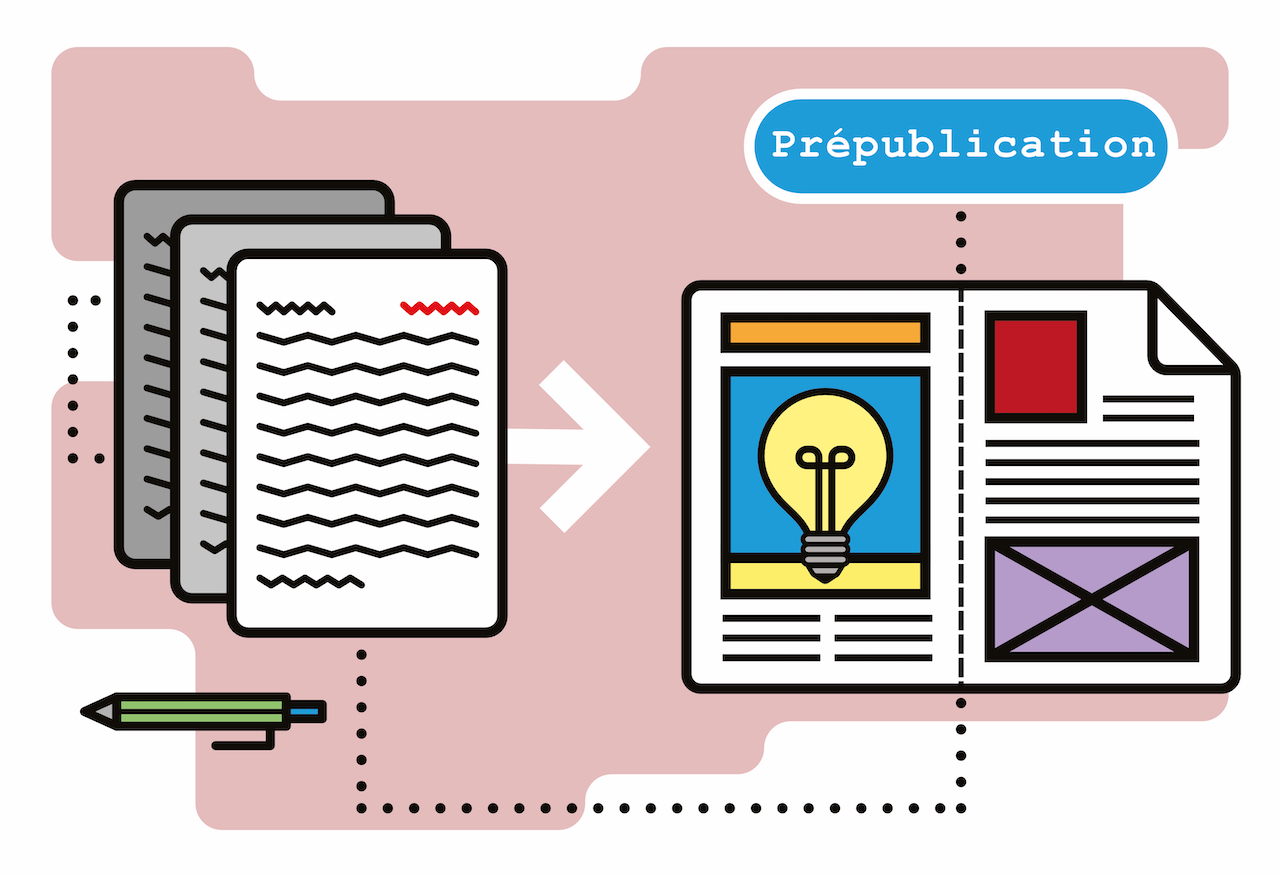Fiche du document
13 octobre 2023
- ISIDORE Id: 10670/1.50e3b7...
- hal: hal-04246117
- ARXIV: 2310.16059
Ce document est lié à :
info:eu-repo/semantics/altIdentifier/arxiv/2310.16059
info:eu-repo/semantics/OpenAccess
Mots-clés
Gender diversity Men-women collaboration Research integrity Retraction PubPeer Post publication peer review I - Health, Education, and Welfare/I.I2 - Education and Research Institutions/I.I2.I23 - Higher Education • Research Institutions I - Health, Education, and Welfare/I.I2 - Education and Research Institutions/I.I2.I24 - Education and Inequality J - Labor and Demographic Economics/J.J1 - Demographic Economics/J.J1.J16 - Economics of Gender • Non-labor Discrimination Z - Other Special Topics/Z.Z1 - Cultural Economics • Economic Sociology • Economic Anthropology/Z.Z1.Z13 - Economic Sociology • Economic Anthropology • Social and Economic StratificationSujets proches
Published materialCiter ce document
Abdelghani Maddi et al., « PubPeer and Self-Correction of Science: Male-Led Publications More Prone to Retraction », HAL SHS (Sciences de l’Homme et de la Société), ID : 10670/1.50e3b7...
Métriques
Partage / Export
Résumé
This article has a dual objective. Firstly, it aims to investigate whether gender diversity in publications reviewed on Pubpeer has an impact on the (non)retraction of those publications. Secondly, it seeks to analyze the reasons for retractions and examine if there are disparities in retractions based on male-female collaborations. To achieve this, the study utilized a sample of 93,563 publications discussed on Pubpeer spanning the period from 2012 to 2021. The findings reveal that among the reviewed publications, 5% (4,513) were retracted. The concentration index and regression results indicate that publications authored solely by men or led by male authors are 20% to 29% more likely to be retracted compared to those authored solely by women. Regarding the reasons for retractions, the results show that regardless of gender, authors, when working alone, are more prone to engaging in activities such as fake peer review or plagiarism. Women are more concentrated in image manipulation and data errors, while men are more involved in article duplication. Furthermore, the results demonstrate an inverse relationship between the number of authors and retractions, suggesting that a higher number of authors may facilitate better publication control and reduce the temptation for misconduct.
